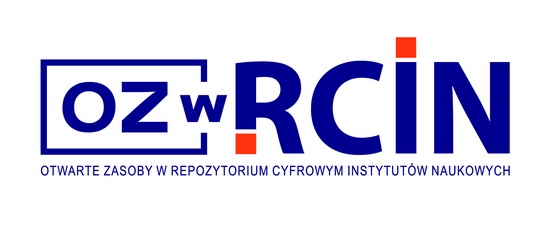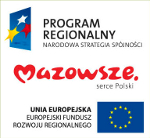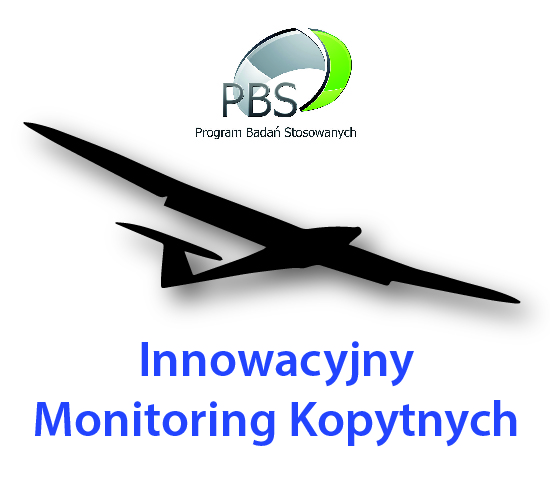The role of early environment and physiology on phenotypic variation of nestlings in an avian coevolutionary arms race
Phenotypic diversification is one of the most intriguing aspects of the coevolutionary interactions between avian brood parasites and their hosts. However, despite decades of research, little is known on the role of such interactions in promoting nestling’s diversification. In New Caledonia the brood-parasitic shining bronze-cuckoo (Chalcites lucidus) and its exclusive host the fan-tailed gerygone (Gerygone flavolateralis) have nestlings occurring in two discrete colour morphs, either pink-grey (bright) or dark-grey (dark) and the host broods can be monomorphic (bright, dark) or mixed. The cuckoo nestlings mimic host nestlings, but host parents recognise the cuckoo nestlings and eject these from the nest. No other cuckoo-host system anywhere else in the world has reached similar complexity in coevolutionary interactions.
The Behavioural Ecology Unit of the Museum and Institute of Zoology PAS has studied this system since 2011. We banded and genotyped adults and fledglings across three populations on the main island of Grande Terre and monitored individuals across multiple breeding seasons. Our research has focused on the breeding biology of host and parasite, cognitive mechanisms underlying host’s recognition of the parasite nestling and the genetic basis of nestling colour variation (see the list of selected publications). However, we still know little on the role of ecological and physiological mechanisms in determining nestling phenotypic variation.
The main objectives of the PhD research will be to investigate if the host nestling phenotype:
1)depends on the mother’s condition and changes in incubation patterns;
2)depends on nest exposure to sunlight, UV irradiation and temperature fluctuations;
3)is associated with physiological differences in immune and stress response.
Fieldwork will be conducted in a well-established site on the main island of Grande Terre in New Caledonia in the period September-January each year. Fieldwork duties involve bird tracking, mist-netting, banding of adults and fledglings, monitoring of cuckoo parasitism and host breeding attempts, experimental work in the field, blood sampling, immune and stress response assays of host nestlings. The PhD candidate will also supervise a small research group of 2-4 research assistants and M.Sc. students. Besides fieldwork, other duties will involve data analysis, preparation of scientific publications and research proposals. The candidate will have ample possibility to develop their own complementary research and, depending on own interests, participate in molecular work (genetics and corticosteroid analysis). The candidate will become an active member of the Behavioural Ecology Unit and will be encouraged to engage with the groups’ research projects and develop their own research ideas and proposals.
The candidate will work under the supervision of dr. Alfredo Attisano and prof dr. hab. Jörn Theuerkauf and join the doctoral program of the BioPlanet Doctoral School (https://szkoladoktorska-bioplanet.pl/). The project is financed by an NCN OPUS grant and will provide a monthly scholarship of 5000 PLN for 40 months.
Requirements
M.Sc. in Animal Behavior, Biology, Zoology, Ecology or related field
Relevant ornithological fieldwork experience in particular mist-netting, banding and blood sampling. Knowledge of techniques for immune assays are desirable
good knowledge of methodologies for statistical analysis. Proficiency in R (or Python) will be considered an asset
proficiency in English (spoken and written, level B2 and above), knowledge of French desirable
physical fitness and ability to work in challenging conditions (heat and UV exposure)
ability to work independently and as part of a team
ability to supervise small research teams
category B driving license
Application
Please send the application by email to dr. Alfredo Attisano (This email address is being protected from spambots. You need JavaScript enabled to view it.) with the subject “PhD Application OPUS 23”. The application should contain:
1)a cover letter (in English) describing relevant research experience, future research plans and motivation for joining our research group (max 1 A4 page)
2)CV (in English) including list of publications and contact details of at least 2 referees, of which one should be the M.Sc. supervisor. Please include the following statement at the end of the CV:
“I give my consent to the processing of personal data provided in my application documents by the Museum and Institute of Zoology PAS for the purpose of the recruitment process, pursuant to the Personal Data Protection Act of 10 May 2018 (Journal of Laws 2018, item 1000) and in agreement with Regulation (EU) 2016/679 of the European Parliament and of the Council of 27 April 2016 on the protection of natural persons with regard to the processing of personal data and on the free movement of such data, and repealing Directive 95/46/EC (General Data Protection Regulation; L 119 from 04.05.2016)”
3)Copy of the M.Sc. certificate
4)Filled form (in English) for application to the BioPlanet Doctoral School (https://szkoladoktorska-bioplanet.pl/en/downloadable-forms/)
The deadline for submitting the application is 26 February 2024. Only selected candidates will be invited for an interview. The start date is April-May 2024 (negotiable).
Selected publications:
Attisano et al., 2018 https://www.nature.com/articles/s41598-018-28710-5
Attisano et al., 2019 https://link.springer.com/article/10.1007/s10336-018-1592-6
Attisano et al., 2020 https://onlinelibrary.wiley.com/doi/full/10.1111/jav.02476
Attisano et al., 2021 https://academic.oup.com/cz/article/67/6/653/6350480
Attisano et al., 2022 https://besjournals.onlinelibrary.wiley.com/doi/abs/10.1111/1365-2656.13849
Bojarska et al., 2018 https://journals.plos.org/plosone/article?id=10.1371/journal.pone.0194059
Sato et al., 2015 https://www.sciencedirect.com/science/article/pii/S0960982215014220
 Unia Europejska
Unia Europejska







